Introduction
Leadership interviews are high-stakes conversations. Recruiters use targeted questions to gauge not just your experience, but your attitudes, communication, and self-awareness. Preparation is essential, not only to craft strong answers but to project the confidence a leadership position demands. This guide breaks down common leadership interview questions, what interviewers are looking for, and strategies to make your responses shine.
What to Expect: Types of Leadership Interview Questions
Leadership interviews blend several common formats:
- Behavioral Questions: Focus on past experiences (“Tell me about a time you faced a difficult team conflict…”) . These require specific examples showcasing your actions and decision-making.
- Situational Questions: These are hypothetical (“How would you lead a team through an unexpected product launch delay?”). Here, interviewers assess your thought process, adaptability, and prioritization ability.
- Motivational Questions: Uncover your drive and values as a leader (“Why do you want to be in a management role?”). Be candid and connect your answer to the company’s mission.
Mastering the Most Common Leadership Interview Questions
1. “What does leadership mean to you?”
- Interviewer’s Aim: Evaluate your leadership philosophy and alignment with company culture.
- Your Approach: Be concise and authentic. Highlight 2-3 core leadership qualities you consider vital (e.g., integrity, strategic thinking, fostering collaboration). Support these with brief examples.
- Resource: Explore different leadership styles for inspiration, making sure to reflect your strengths genuinely.
2. “How do you motivate your team?”
- Interviewer’s Aim: Assess if you understand factors fostering engagement and if your style fits the organization.
- Your Approach: Emphasize building positive relationships, recognizing accomplishments, offering growth opportunities, and providing clear direction. Acknowledge different styles are needed at times.
- Bonus Tip: If applicable, cite a specific achievement resulting from your motivational approach.
3. “Who are the leaders that inspire you, and why?”
- Interviewer’s Aim: Gauges your values, knowledge of leadership figures, and ability to identify desirable traits in others.
- Your Approach: Select someone whose attributes you genuinely admire. Be specific about why – is it their communication style, crisis management, or commitment to mentorship? Connect these back to your own capabilities.
- Go Beyond the Obvious: Consider highlighting lesser-known but influential leaders or individuals within your industry to stand out.
4. “How do you interact with your team?”
- Interviewer’s Aim: Understands your ability to build relationships and establish a healthy work environment.
- Your Approach: Showcase open communication, emphasis on feedback, willingness to listen, and support your team’s development. Highlight the importance of psychological safety https://hbr.org/2017/08/high-performing-teams-need-psychological-safety-heres-how-to-create-it].
- Avoid: Portraying yourself as dictatorial or standoffish. Effective leaders build rapport while being decisive.
5. “What are the biggest challenges facing leaders today?”
- Interviewer’s Aim: Reveals your awareness of industry trends, critical thinking, and problem-solving acumen.
- Your Approach: Honesty is appreciated. Discuss genuine challenges (e.g., rapid technological change, workforce retention, DEI initiatives). Demonstrate adaptability and provide potential solutions based on your knowledge.
Additional Tips to Dominate the Interview
- Practice with STAR Stories: Use the STAR method (Situation, Task, Action, Result) to frame concise but powerful anecdotes on past leadership situations.
- Research the Company Extensively: Connect your answers to the specific position and organization. Align your leadership priorities with company values.
- Ask Insightful Questions: Show genuine interest with thoughtful, specific questions about company goals or leadership vision.
Closing: Preparation = Confidence
Thoroughly preparing for common leadership interview questions helps you present your qualifications confidently and authentically. By doing the research and outlining key messages, you’ll walk into that interview as the potential leader the company needs.
Also read Discover 9 tips to boost your networking on social media






